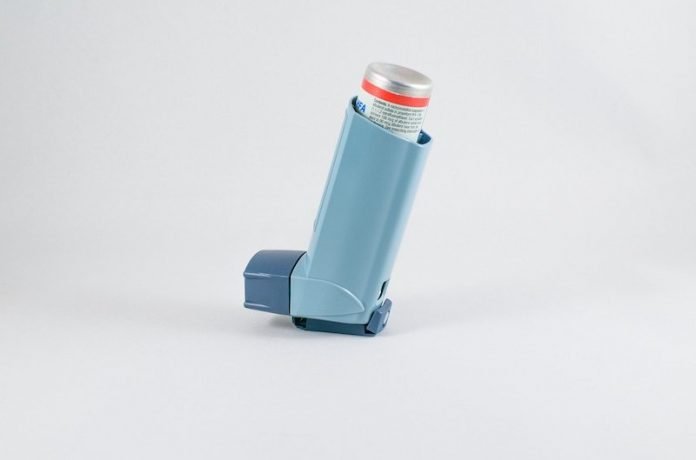
In a new study from the University of Iowa, researchers found a single-dose, intranasal COVID-19 vaccine may fully protect against lethal COVID-19 infection.
The vaccine also blocks animal-to-animal transmission of the virus.
The currently available vaccines against COVID-19 are very successful, but the majority of the world’s population is still unvaccinated and there is a critical need for more vaccines that are easy to use and effective at stopping disease and transmission.
If this new COVID-19 vaccine proves effective in people, it may help block SARS-CoV-2 transmission and help control the COVID-19 pandemic..
Unlike traditional vaccines that require an injection, this vaccine is administered through a nasal spray similar to those commonly used to vaccinate against influenza.
The vaccine used in the study only requires a single dose and it may be stored at normal refrigerator temperatures for up to at least three months.
Because it is given intranasally, the vaccine may also be easier to administer, especially for those who have a fear of needles.
The researchers have been developing this vaccine platform for more than 20 years, and they began working on new vaccine formulations to combat COVID-19 during the early days of the pandemic.
The preclinical data show that this vaccine not only protects against infection, but also significantly reduces the chances of transmission.
The experimental vaccine uses a harmless parainfluenza virus 5 (PIV5) to deliver the SARS-CoV-2 spike protein into cells where it prompts an immune response that protects against COVID-19 infection.
PIV5 is related to common cold viruses and easily infects different mammals, including humans, without causing significant disease.
The team has previously shown that this vaccine platform can completely protect experimental animals from another dangerous coronavirus disease called Middle Eastern Respiratory Syndrome (MERS).
The inhaled PIV5 vaccine developed by the team targets mucosal cells that line the nasal passages and airways. These cells are the main entry point for most SARS-CoV-2 infections and the site of early virus replication.
Virus produced in these cells can invade deeper into the lungs and other organs in the body, which can lead to more severe disease.
In addition, virus made in these cells can be easily shed through exhalation allowing transmission from one infected person to others.
The study showed that the vaccine produced a localized immune response, involving antibodies and cellular immunity, that completely protected mice from fatal doses of SARS-CoV-2.
The vaccine also prevented infection and disease in ferrets and, importantly, appeared to block transmission of COVID-19 from infected ferrets to their unprotected and uninfected cage-mates.
If you care about COVID, please read studies about how one caregiver keeps his dad safe from COVID-19 and findings of COVID-19 patients fare worse when they have this health issue.
For more information about COVID and your health, please see recent studies about the cause and treatment for heart damage in COVID-19 and results showing that these 3 common antiviral drugs may effectively fight COVID-19.
The study is published in Science Advances. One author of the study is Paul McCray, MD.
Copyright © 2021 Knowridge Science Report. All rights reserved.



